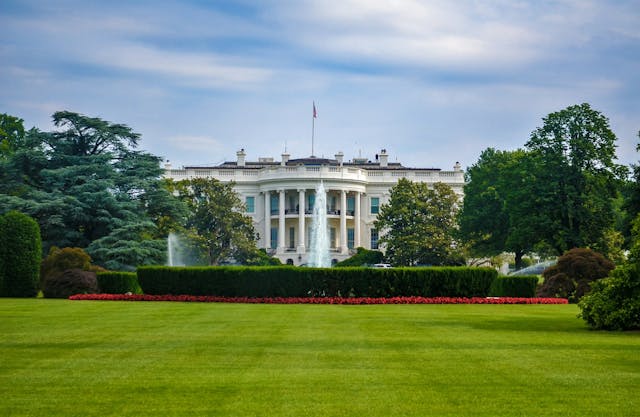LAO Suggests $1B For Common Core Should Be Used to Pay Debts Instead

 Credit: carballo / Shutterstock.com
Credit: carballo / Shutterstock.com
A component to Governor Jerry Brown's May revision of the 2013-2014 proposed budget is allocating $1 billion to improve Common Core State Standards in California schools. The Legislative Analyst's Office (LAO), however, suggests that the money should be considered for investing in other aspects of education funding.
The LAO states in its overview of the budget proposal:
"[T]he Legislature could use the funds to pay down additional deferrals, pay outstanding mandate claims, retire more of the Emergency Repair Program obligation (an obligation relating to a legal settlement), or fund other activities, such as facility maintenance, that have been reduced significantly over the past several years."
The proposed budget says the money will be doled out to school districts for professional development and class equipment to help teach Common Core standards. Portions of this funding will be based on average daily attendance and is estimated to be about $170 per student.
The Brown administration says local districts know best when it comes to local needs. However, districts will be required to develop a spending and goal-oriented plan before using these funds. Accountability would be based on district performance in graduation rates, Academic Performance Index (API), and completion of career-technical courses.
Regardless of goals and accountability of the funding, the LAO continues to be cautious. It suggests that California should look at other resources to help the Common Core implementation:
"Were the Legislature to deem CCSS implementation the highest of these priorities, it then would want to consider both how much to provide and what requirements, if any, to link with the funding.""As part of this decision making, the Legislature would want to consider the amount of existing local, state, and federal resources that can be used to cover CCSS implementation costs, such that the additional amount of state resources provided could cover otherwise unaddressed implementation costs."
Brown does not put all of the state's eggs in one basket, however. K-12 deferral payments are accelerated in the budget proposal with an increase of $1.6 billion paid this year and bringing overall K-12 deferrals down to $4.9 billion by the end of next year.
Aspects of funding will change as Brown and the Legislature begin talks of passing a budget by the June 15 deadline. If the LAO approach to the $1 billion push for Common Core development is any indication of legislative sentiment, it is possible that it could be dropped from the budget altogether.


